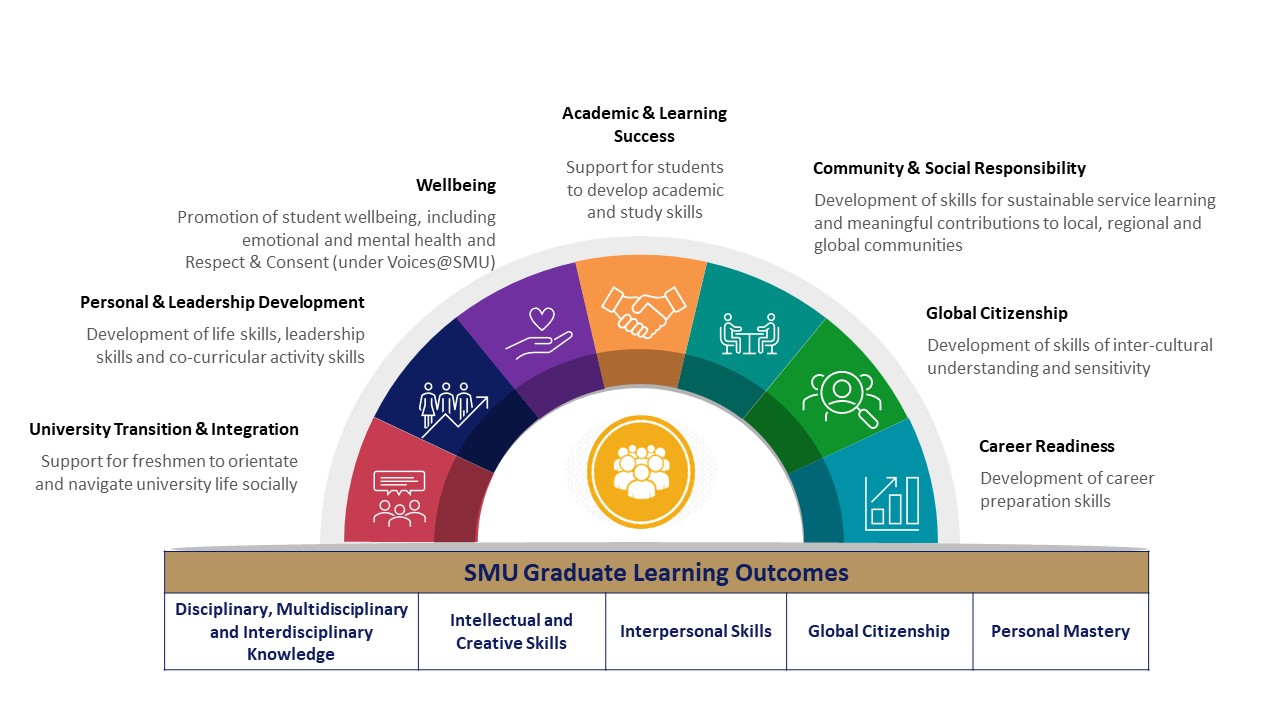Are you about to embark on your college career, but worry the costs will be unmanageable? If so, you are like countless other prospective scholars who will need to secure student loans of one type or another. Keep reading to learn how to get the right terms so that your financial future remains promising.
Make sure you know what the grace period is for your loans before you need to start making payments. This is the period of time after your graduation before your payment is due. Staying aware of when this period ends is the right way to make sure you never have late payments.
If you have taken a student loan out and you are moving, be sure to let your lender know. It is important for your lender to be able to contact you at all times. They will not be too happy if they have to go on a wild goose chase to find you.
Think carefully when choosing your repayment terms. Most public loans might automatically assume a decade of repayments, but you might have an option of going longer. Refinancing over longer periods of time can mean lower monthly payments but a larger total spent over time due to interest. Weigh your monthly cash flow against your long-term financial picture.
Keep good records on all of your student loans and stay on top of the status of each one. One easy way to do this is to log onto nslds.ed.gov. This is a website that keep s track of all student loans and can display all of your pertinent information to you. If you have some private loans, they will not be displayed. Regardless of how you keep track of your loans, do be sure to keep all of your original paperwork in a safe place.
If you have the ability to pay more than what you owe on your loans, try to get those with the highest interest taken care of first. Repaying based on balance size could actually cause you to pay more in interest than you otherwise would have.
Pay extra on your student loan payments to lower your principle balance. Your payments will be applied first to late fees, then to interest, then to principle. Clearly, you should avoid late fees by paying on time and chip away at your principle by paying extra. This will reduce your overall interest paid.
Before accepting the loan that is offered to you, make sure that you need all of it. If you have savings, family help, scholarships and other types of financial help, there is a chance you will only need a portion of that. Do not borrow any more than necessary since it will make it harder to pay it back.
If college is on the horizon, and your finances are too modest to cover the expenses, take heart. By spending some time exploring the ins and outs of the student loan industry, you will be able to find the solutions you need. Do your homework now and ensure your ability to repay your loans later.

